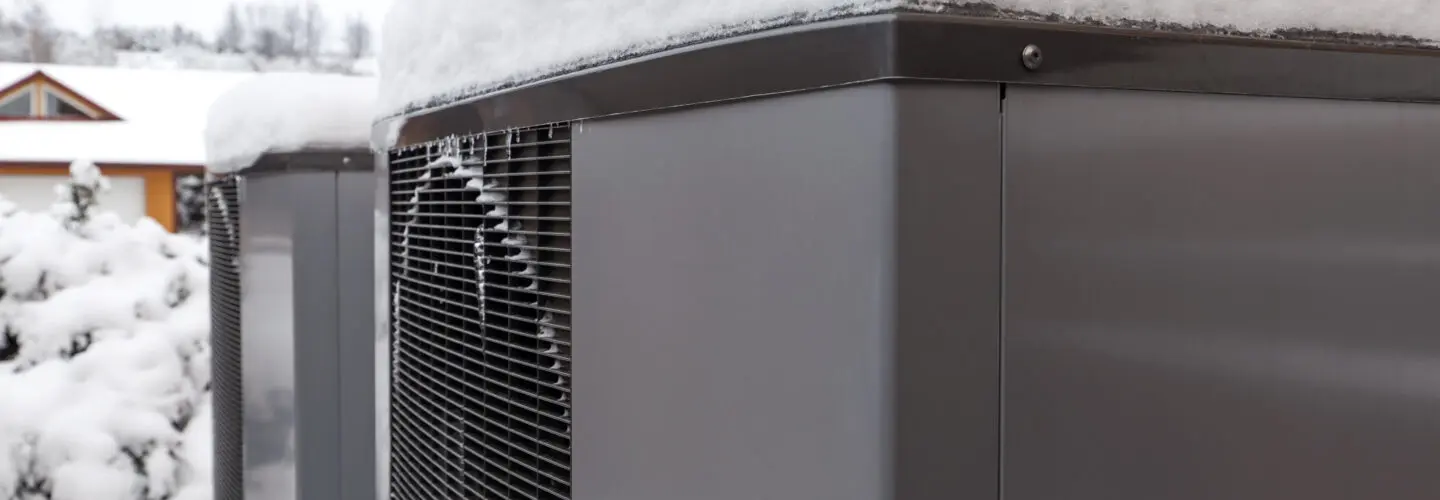Heat pumps are key to a clean-energy future, but how do they work?
The New Jersey Board of Public Utilities on Wednesday is scheduled to vote on a program that seeks to decarbonize buildings by switching space and water heating from fossil fuels to electric heat pumps. While many clean-energy advocates support the project, critics argue the switch will increase demand on the electric grid and require expensive upgrades that could cost utility customers more. But the average New Jersey resident might not know what heat pumps are, how they work or even why people are urged to switch.
What are heat pumps?
Heat pumps are an energy-efficient alternative to furnaces and air conditioners in living or commercial spaces. Heat pumps use electricity to transfer heat from a cool space to a warm space. In the summertime, they remove heat from the air inside and push cooled air back into the room. In the cooler months, they do the opposite, drawing heat energy from the air outside and moving it into the home, according to the Acadia Center.
Heat pumps do not generate heat; they simply transfer it.
Are heat pumps really cost-efficient?
When entire units are replaced, annual savings are around 3,000 kilowatt hours (or $459) as compared to electric resistant heaters and 6,200 kWh (or $948) as compared to oil system, according to a study by the Northeast Energy Efficiency Partnerships.
An Acadia Center report also said New Jersey residents could save hundreds of dollars annually on their energy bills. But how much residents can save depends on prior fuel sources, weatherization, local utility rates and ongoing fluctuations in the energy market, according to the Energy Efficiency Alliance of New Jersey.
To read the full article in NJ Spotlight News, click here.




















Follow us